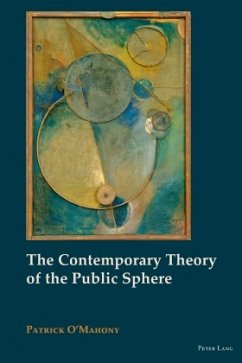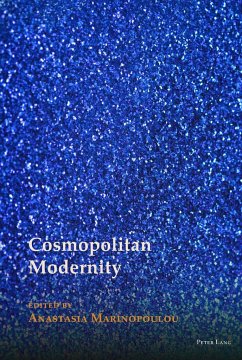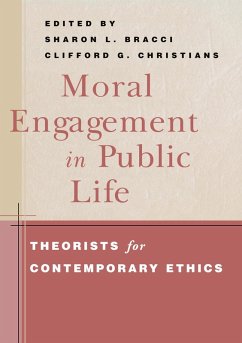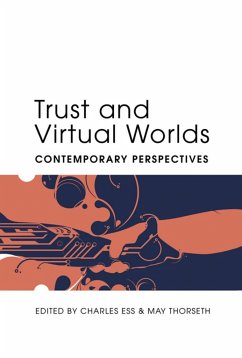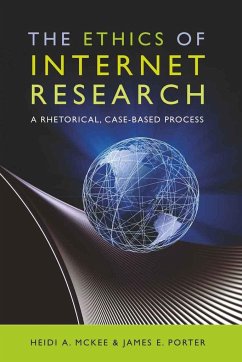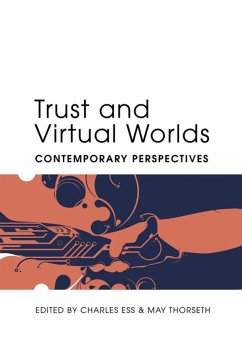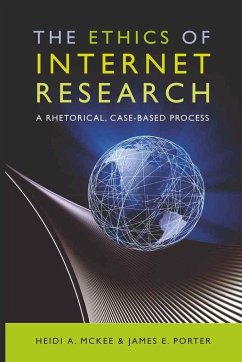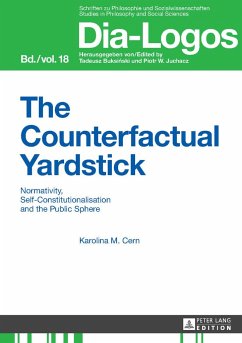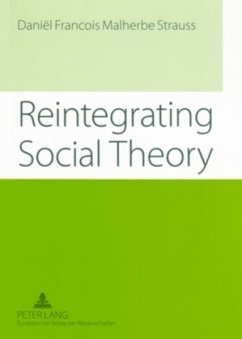
The Contemporary Theory of the Public Sphere

PAYBACK Punkte
0 °P sammeln!
Normative democratic theory does not lie securely above societal argumentation but is rather part of it. We need to know not just how the public should ideally reason, but how it actually does or could in better foreseeable circumstances. For the health and the necessary extension of democracy, given general societal and cosmopolitan challenges, fundamentally depends on the reasoning capacities of publics. The concept of the public sphere is intrinsic to understanding this process, but it has long been limited by its division into the twin approaches of normative argumentation in democratic th...
Normative democratic theory does not lie securely above societal argumentation but is rather part of it. We need to know not just how the public should ideally reason, but how it actually does or could in better foreseeable circumstances. For the health and the necessary extension of democracy, given general societal and cosmopolitan challenges, fundamentally depends on the reasoning capacities of publics. The concept of the public sphere is intrinsic to understanding this process, but it has long been limited by its division into the twin approaches of normative argumentation in democratic theory and empirical-theoretical application in the social sciences. This book aims to go beyond this entrenched divide to show how democratic theory can become empirically applicable and the social sciences normatively relevant. It does this by linking democratic theory to the theory of society and relating both to a cognitive-communicative account of public culture. The book contributes significantly to exchanges within and between sociology, philosophy, cultural and communication studies, political science, and cognate disciplines. It also addresses a long-established concern of critical theory to combine empirical and normative perspectives to advance the goal of a better society.





